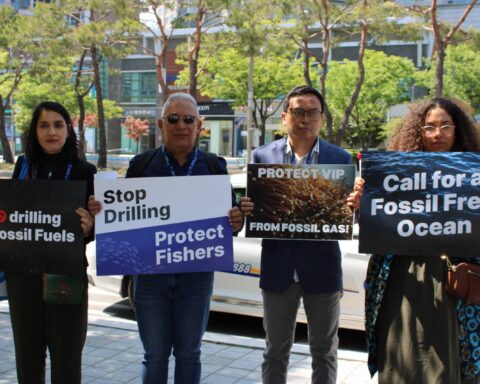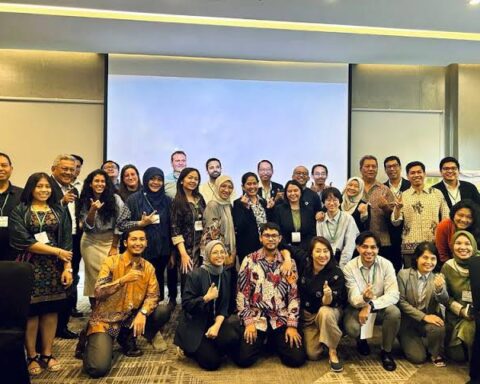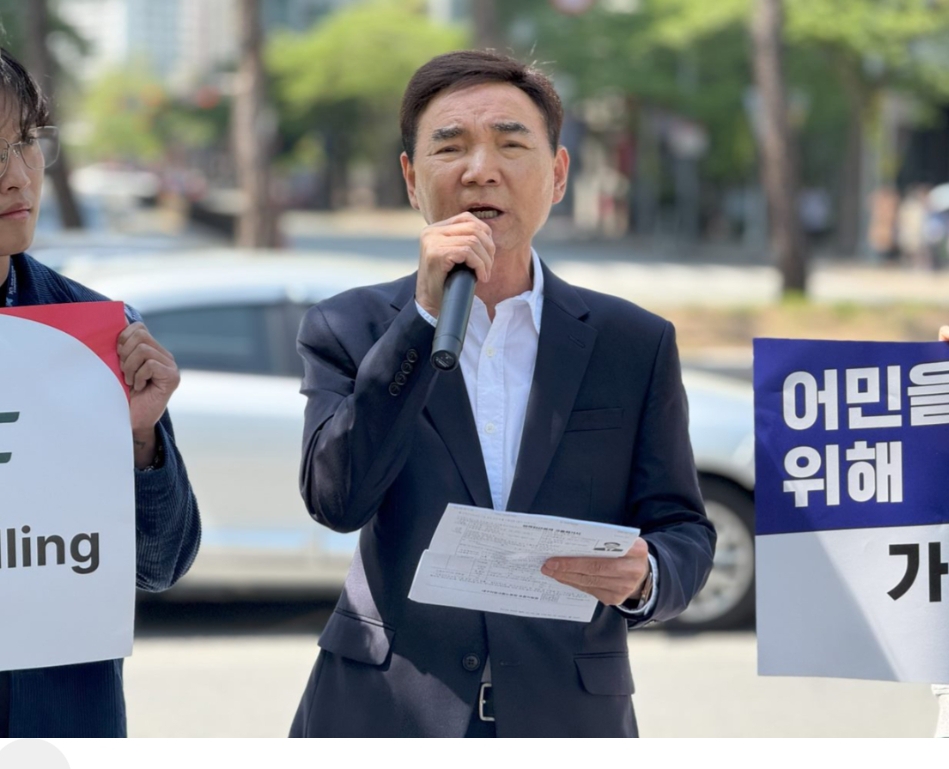As global leaders converge at the 10th Our Ocean Conference (OOC) in Busan, South Korea, a coalition of environmental groups has sounded the alarm over growing fossil gas infrastructure threatening the biodiversity-rich Verde Island Passage (VIP) in the Philippines and the broader Coral Triangle.
The Center for Energy, Ecology, and Development (CEED), alongside the Center for International Environmental Law (CIEL) and Solutions for Our Climate (SFOC), used the high-level platform to condemn the aggressive expansion of fossil gas and liquefied natural gas (LNG) infrastructure in Southeast Asia’s most ecologically sensitive marine zones.
At a side event co-hosted by the three organizations, CEED’s Executive Director, Gerry Arances, described the ongoing gas buildout as “a direct assault on the oceans, the environment, and the fundamental rights of individuals and communities to a healthy environment”

“The Verde Island Passage and the Coral Triangle are under siege. Fossil fuels do not just exacerbate climate change through emissions, but also impair our capacity to adapt and build resilient communities,” Mr Arances said.
Data presented at the event showed that 135.6 gigawatts (GW) of gas-fired power projects are currently planned across Southeast Asia, with 14.37 GW of these slated within the VIP region alone projects largely financed by institutions from the Global North, including Europe, the United States, and Japan.
The Verde Island Passage, often referred to as the “Amazon of the Oceans” due to its extraordinary marine biodiversity, has increasingly come under threat from the expansion of gas terminals, pipelines, and associated infrastructure.
CEED and its partners argue that such developments not only endanger ecological systems but violate the rights of coastal populations who depend on the marine environment for their survival.
Mr Arances further highlighted the climate implications of fossil gas use, stressing the dangers posed by methane a greenhouse gas 80 times more potent than carbon dioxide over a 20-year period.
“The science is clear: fossil gas is a dangerous and polluting energy source. It cannot be considered a transition fuel, especially in a biodiversity hotspot like the Verde Island Passage,” he said.
The groups are now calling on the Philippine government and international stakeholders to urgently halt fossil fuel expansion in ecologically critical areas and join the global movement for a “Fossil-Free Ocean.” The campaign demands that countries phase out offshore oil and gas activities and protect oceanic ecosystems from extractive industries.
Mr Arances also urged Southeast Asian governments to shift towards their abundant renewable energy potential.
“The Philippines, like the rest of Southeast Asia, possesses vast renewable energy resources. We can power our development without sacrificing marine ecosystems and the rights of our people,” he noted.

The Our Ocean Conference, launched in 2014, is an annual gathering of governments, civil society, and the private sector to forge solutions to the growing threats facing the world’s oceans, including biodiversity loss, climate change, pollution, and overfishing.
By Dare Akogun








